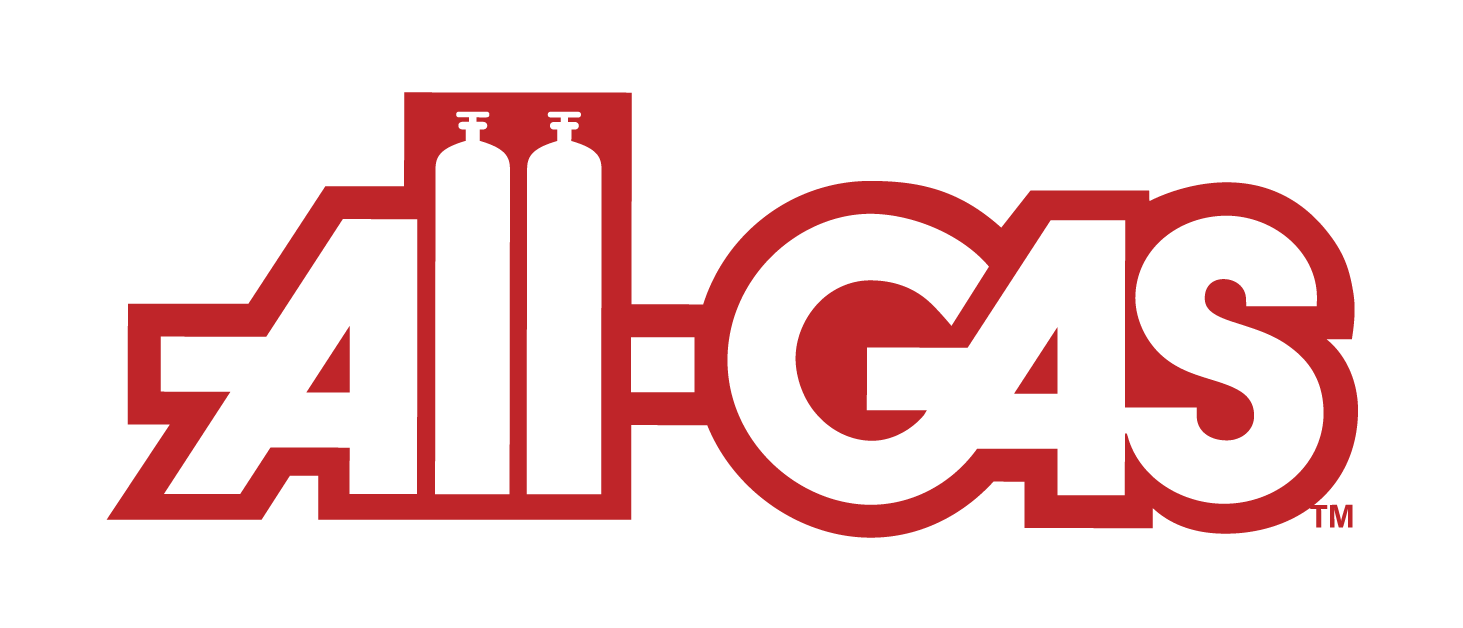Propane and propane-sourcing equipment serve many purposes in both residential and commercial settings. At ALL-GAS, we know that homeowners and business owners alike are committed to leveraging the benefits of propane as well as ensuring its safe use. Consequently, people often inquire about propane safety tips, including the following:
- The importance of professional services and maintenance
- Environmental safety considerations
- Emergency planning
- DIY propane safety checks
Below, find out general propane safety tips, as well as DIY checks that property owners can do to help protect their homes and businesses during propane use.
Propane Safety Tips for Homes and Businesses
These general propane safety tips overview four key practices. It’s essential to discuss propane safety tips with your licensed propane service provider in addition to any general information about policies and emergencies. For businesses, OSHA designates additional regulations pertaining to considerations such as storage, use, training, transportation and more. For your home or business, here are four basic safety tips:
-
Prioritize professional propane system and equipment care.
From professional tank and system installation to regular propane delivery, ensure the safety of your property with the help of propane professionals, such as the ALL-GAS team. While propane users are encouraged to be vigilant and monitor propane components, they should not be performing repairs or other maintenance services. Instead, scheduling annual professional inspections and seasonal maintenance, as well as ensuring that the propane tank stays full, are vital contributions. These evaluations and services help ensure that your system is operating efficiently and safely. Note that in the event of anticipated appliance additions or concerns about your system, it’s also vital to contact your propane technician.
-
Consider the environment around the tank and propane-sourcing equipment.
From appropriate ventilation to tank and propane equipment location, many factors impact safe use. For example, in terms of ventilation, outdoor propane appliances, such as grills or generators, should not be used indoors, nor should tanks be stored in a closed location, such as basements or garages. In addition to use and maintenance of carbon monoxide detectors, propane leak detectors are another helpful monitoring tool. In addition to being kept outside, propane tanks should be stored upright and off of the ground. Importantly, the exact environmental safety specifications may vary from one home or business to the next, so it’s important to discuss these considerations with your trusted propane expert, like ALL-GAS.
-
Prepare an emergency plan.
One of the primary safety concerns in propane use is a gas leak. Developing an emergency plan provides peace of mind for homeowners and is typically required for commercial settings. As part of its “Consumer Safety Series,” the Propane Education and Research Council provides a written and video guide as to what to do if you suspect a gas leak. Education about propane and operating propane-sourcing equipment is essential (and often required per OSHA for businesses), such as how to turn off your propane tank if it is safe to do so. While propane generators can help residences and businesses sustain power during an outage, there are also some specific considerations regarding propane use during this time, as evident in PERC’s guide to power outage safety for homeowners.
-
Conduct DIY monitoring of your propane system and equipment, as long as conditions are safe for doing so.
In addition to detectors and proper ventilation during propane appliance use, home and business owners should engage their senses to help monitor safe operations. During visual assessments of propane tanks, check for rust or signs of damage and deterioration, as well as the frost or condensation that may point to a leak. In addition to cold cues, hissing or whistling noises near the tank or connections often signify a leak. Although propane doesn’t naturally smell, a chemical is often added to it to provide a smell, which is intended to help with leak detection. Often compared to rotten eggs, the smell of this treated propane is often the most obvious and urgent sign of danger. As per MedlinePlus, propane exposure may also result in symptoms such as nausea or headaches. Whether you hear, see, smell or even suspect a leak, leave the area or building immediately. Only after you are safely in another building, such as a neighbor’s house, contact 911 and then your propane specialist, such as ALL-GAS. For more information about ALL-GAS policies, please refer to our emergency protocols.
With service throughout Connecticut, western Massachusetts and parts of Rhode Island, ALL-GAS offers residential and commercial propane services, as well as dry ice and a wide selection of compressed gases. From propane generators to propane fireplaces and other heating features, our team is ready to provide for your propane needs and the necessary system maintenance. Contact ALL-GAS today with any questions or to schedule an upcoming service!


